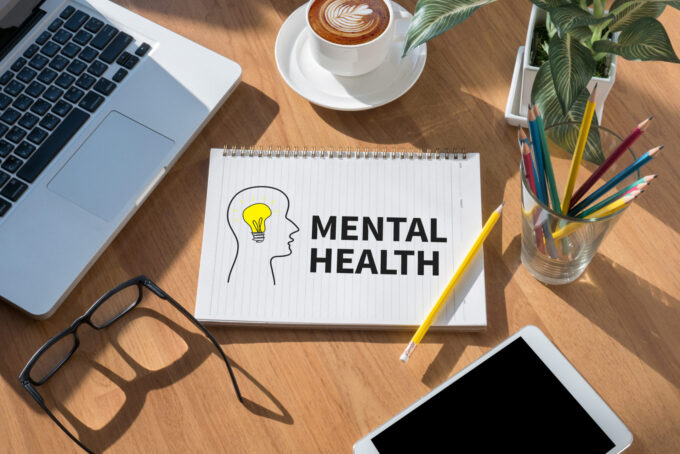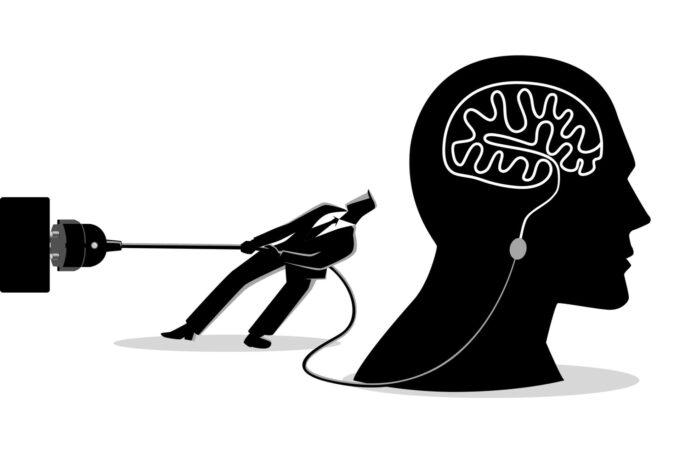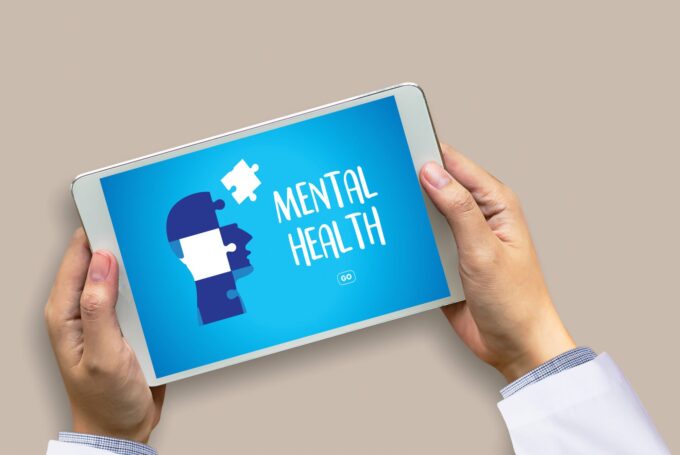In the fast-paced digital era, technology has become an indispensable part of our lives, offering convenience, connectivity, and endless possibilities. However, amidst the many benefits, it is important to strike the right balance in order to reap the benefits of technology in the true sense.
Skillfully navigating technological waves is especially relevant when mental diseases are on the rise. A recent report has found that the prevalence of mental illnesses has reached alarming levels, affecting nearly 21% of adults in the United States alone. This percentage equates to over 50 million individuals. As you strive for better mental health, it becomes essential to find a balance in navigating technology to safeguard your mental health.
In this article, we will explore practical strategies and insights to help you achieve that equilibrium in a digital world.
The Impact of Technology on Mental Health

Technology can have both positive and negative impacts on your mental health. On the one hand, it offers convenience, connectivity, and access to information that can enhance your life. However, excessive screen time, social media comparison, and constant notifications can take a toll on your mental health.
Excessive smartphone use has been linked to a range of negative mental health outcomes, including depression, anxiety, social anxiety, shyness, low self-esteem, and low psychological and mental well-being. These findings, published in studies by the National Institutes of Health, highlight the significant impact that technology can have on our mental health.
Thus, finding a balance between technology use and mental health is crucial. Engaging in mindful and intentional technology habits can keep you mentally stable. You can also limit social media usage and create designated “no-phone zones” in your daily routine.
Setting Boundaries With Technology

Setting boundaries with technology is important for maintaining a healthy balance and safeguarding your mental health. Establishing limits on screen time can help you regain control over your use of technology.
In both March 2020 and April 2021, a majority of parents with children aged 5 to 11 during the pandemic reported that they monitored the websites their children visited or the mobile apps they used. They imposed limitations on the duration and specific times of day when their child could use screens. This information comes from a survey conducted by the Pew Research Center.
To set boundaries, start by identifying areas in your life where technology may be encroaching too much. Designate specific time periods as “tech-free” zones, such as during meals or before bed, to promote better focus and relaxation. Consider turning off notifications or using app blockers to minimize distractions and interruptions.
Mindful Tech Practices for Improved Mental Health

In today’s digital age, maintaining a healthy relationship with technology is vital for good mental health. Here are some key strategies to consider:
- Take regular tech breaks to give your brain a rest and recharge
- Prioritize face-to-face interactions to foster meaningful connections and reduce excessive screen time
- Minimize distractions by turning off notifications or using app blockers to stay focused
- Engage in self-reflection to assess and adjust your relationship with technology regularly
Not just you but mental health providers are also leveraging technology to enhance the delivery of mental health care. They are adopting tech-enabled practices, such as mental health practice software, which offers numerous advantages.
The tool has a range of benefits for both providers and patients. Psyquel, a transformative platform for providers, highlights various benefits of this tool, including:
- Efficient scheduling of appointments.
- Simplified billing and insurance management.
- Comprehensive charting capabilities for accurate and organized documentation
- Robust reporting features to analyze data and track progress
- Integration of clinical decision support tests for informed treatment decisions
Unplugging for Mental Well-Being

Unplugging yourself from technology can lead to improved mental health. Taking intentional breaks from screens allows you to recharge, reduce stress, and reconnect with the present moment.
According to a study published in the US journal Cyberpsychology, Behavior, and Social Networking, findings indicate that taking a break from social media for a week resulted in better mental health and a decrease in symptoms of depression and anxiety among individuals.
To prioritize your mental health, set aside dedicated time to unplug from technology. Create tech-free zones or establish specific periods in your day for screen-free activities. Use this opportunity to practice mindfulness, be fully present, and engage in activities that nourish your mind and soul. You can practice consciously unplugging to restore balance, reduce digital overwhelm, and cultivate better mental well-being.
Leveraging Technology for Mental Health Support

Technology can be a valuable tool for accessing mental health support and resources. With the rise of teletherapy and mental health apps, you now have convenient and accessible options to seek professional help.
A 2025 study published in JMIR Mental Health revealed that digital mental health tools demonstrate significant effectiveness in reducing symptoms of depression and anxiety, particularly in low- and middle-income countries (LMICs).
Technology offers various self-help tools and resources for managing your mental health. Meditation and mindfulness apps, for example, can assist you in practicing relaxation techniques and fostering a sense of calm. Online support communities and forums provide a platform for connecting with others who share similar experiences, offering valuable peer support.
Summing Up
In today’s digitally connected world, finding balance and navigating technology mindfully are necessary for your mental health. Using the tips mentioned in this article, you can harness the benefits of technology while protecting your mental health.
Don’t forget that you have the power to shape your relationship with technology and prioritize self-care. So, embrace the journey of finding balance and discover how technology can enhance, rather than hinder, your overall mental health.









